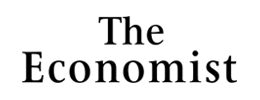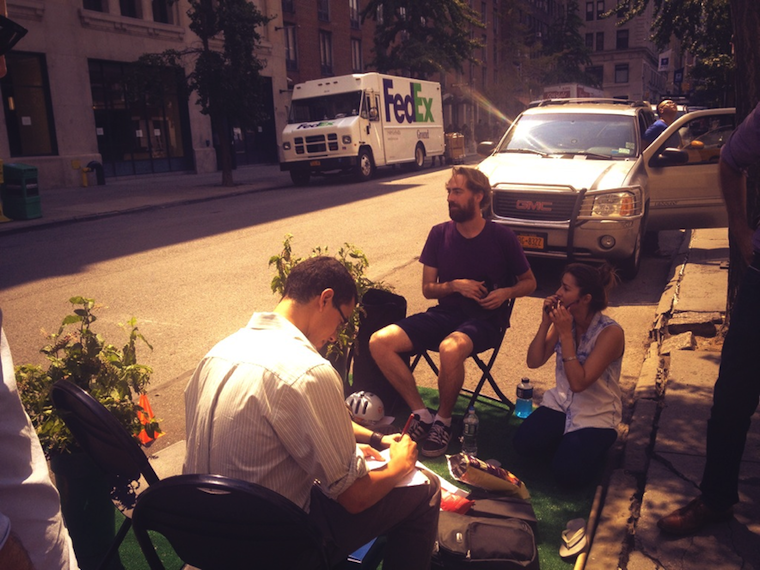Related

Every September, an event called Park(ing) Day helps reimagine urban spaces, and gives a vision of a future where public land is used more equitably. Up to 40% of space in cities is taken up by roads and streets. In New York City, 54% of households do not own a car. Try visualizing New York City with 54% of road space dedicated to pedestrians and bicyclists.
Rebar, a collaborative group of designers, creators, and activists from San Francisco, organized the first Park(ing) Day in 2005, converting a single two-hour space into an art exhibit and micro-park. Park(ing) Day is now practiced in 162 cities and towns, in 35 countries, around the world. The third Friday of September, non-profits, citizen groups, businesses, and individuals plug their coins in the meters and use their parking spaces to showcase a vision for a more public city.

Organizers bring in lawn chairs, grass (or fake grass), bark chips, sculptures, lemonade, free wi-fi, and other draws intended to get people off the sidewalk and into the new public park(ing). It's held on a Friday because it promotes interaction, at street level, with workers and commuters who might not otherwise consider urban problems. People come to the parks on their lunch breaks.
Unfortunately, the parks are illegal in many cities. In New York, for example, it's specifically prohibited to use parking spaces for anything other than parking. In Los Angeles, organizers simply need to get a permit from the city government, and they're good to go. In Portland, Oregon, the city government has actively embraced Park(ing) Day, and promotes it in conjunction with other positive urban initiatives like City Repair.
Roads are often the single largest public land use category, and almost all of that space is dedicated to the storage and movement of private, motorized vehicles. Increasingly, activists, urbanists, and designers are trying to take back that public space, while raising awareness that the defacto surrender of such a huge amount of urban land harms our cities. With that vision, pedestrians and cyclists can start to push back against unfair space use by private vehicles.
Here’s a video of Parking Day, San Francisco, 2009:
Please fill out the information below to receive our e-newsletter(s).
*Indicates required.